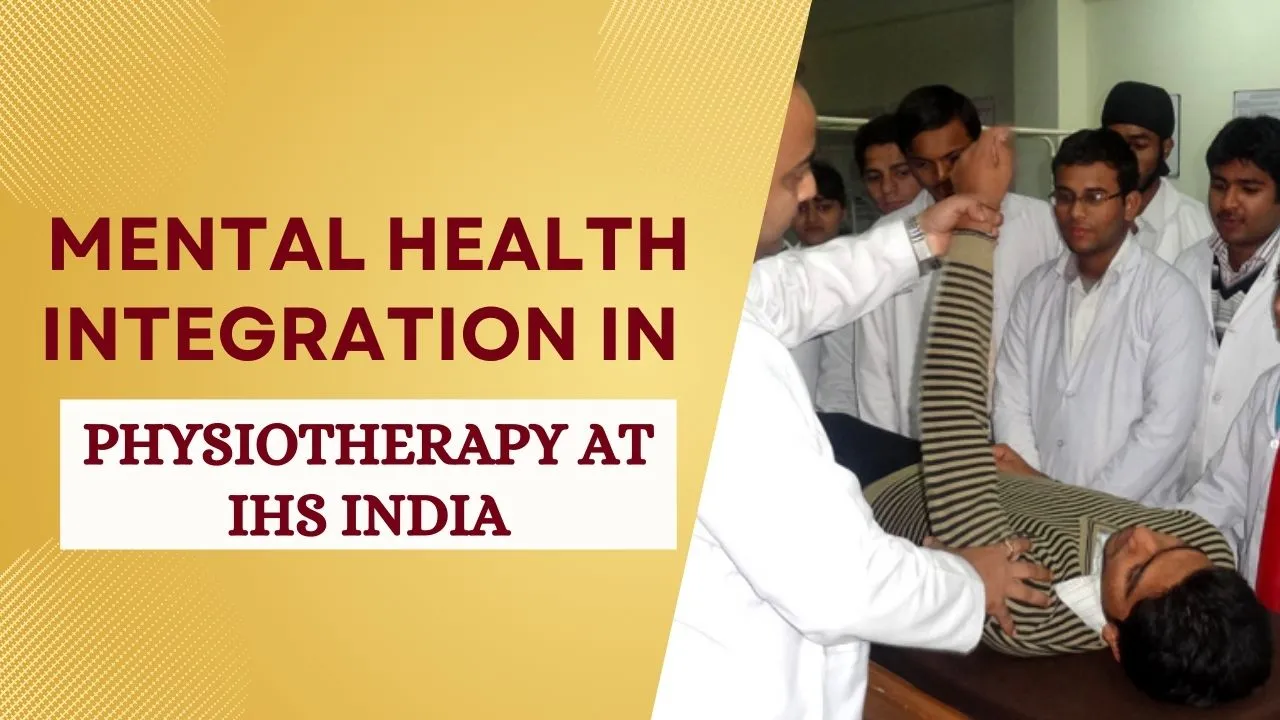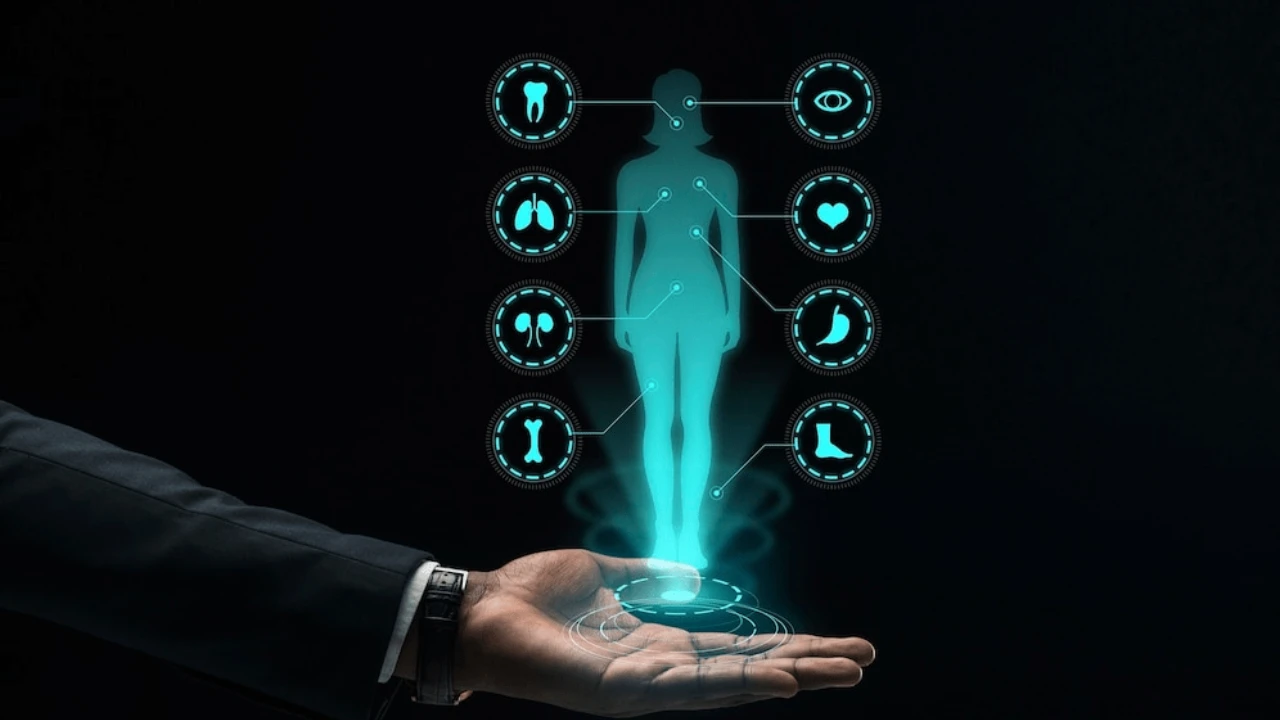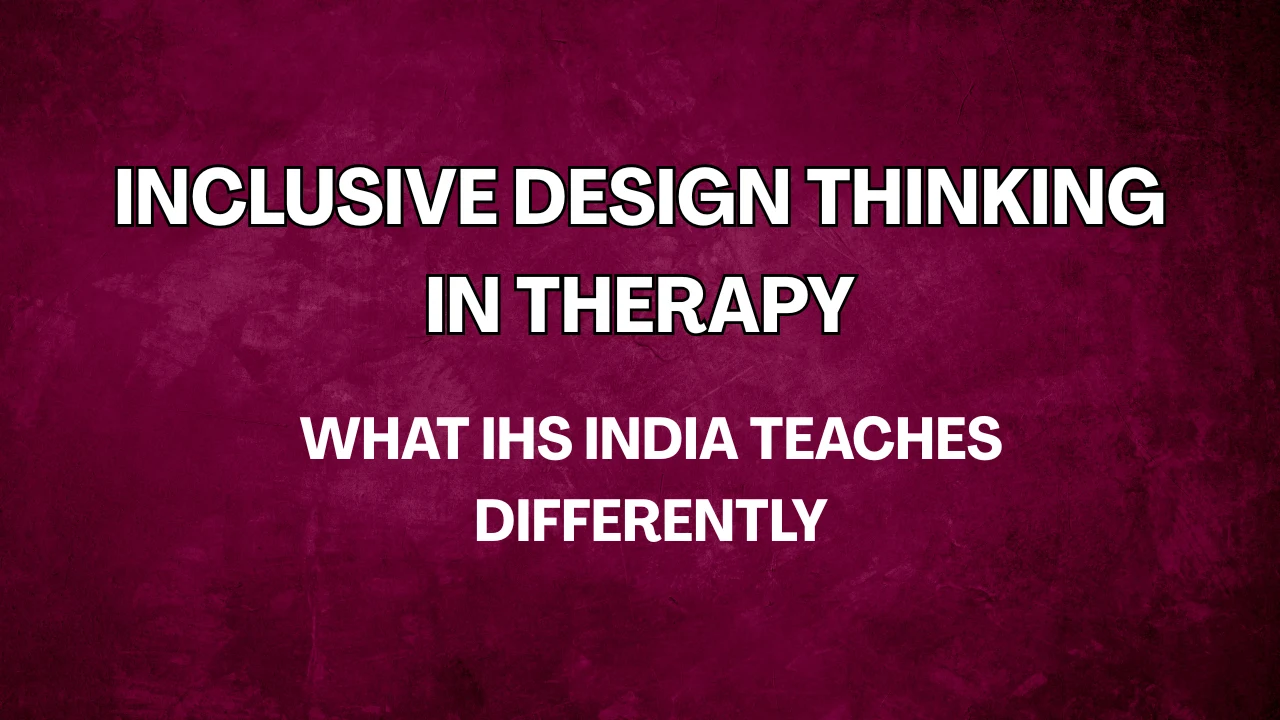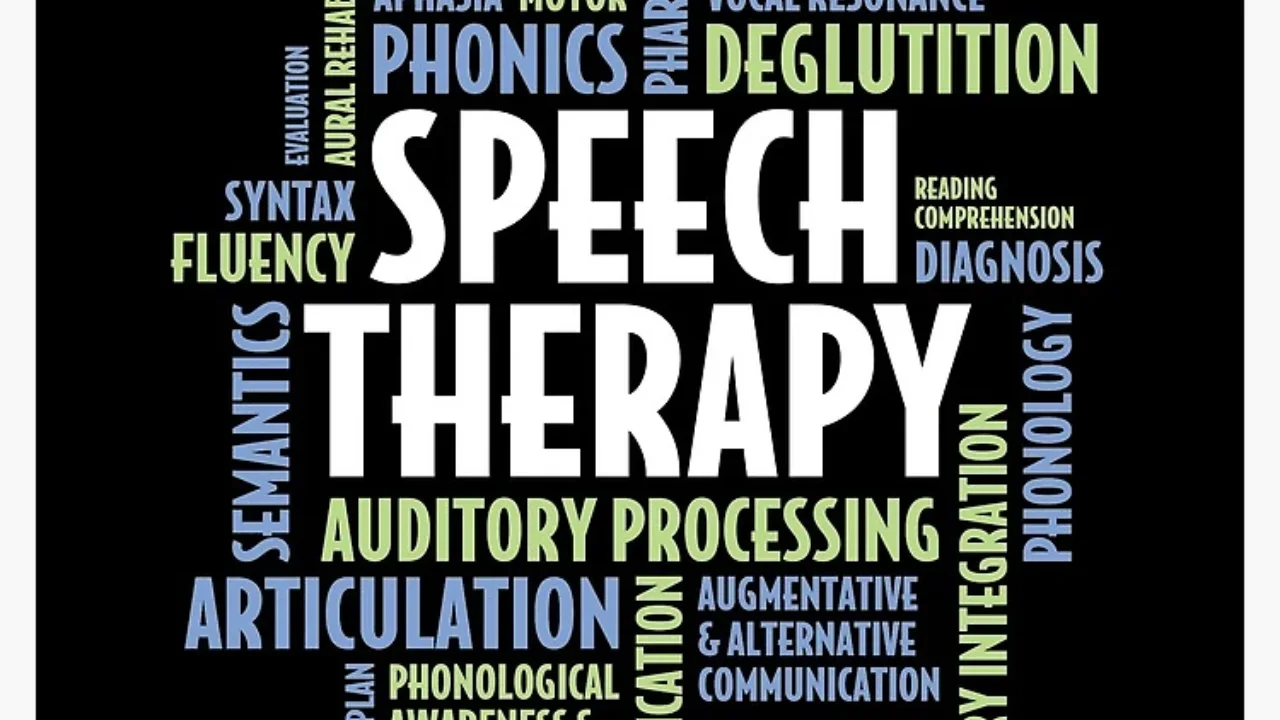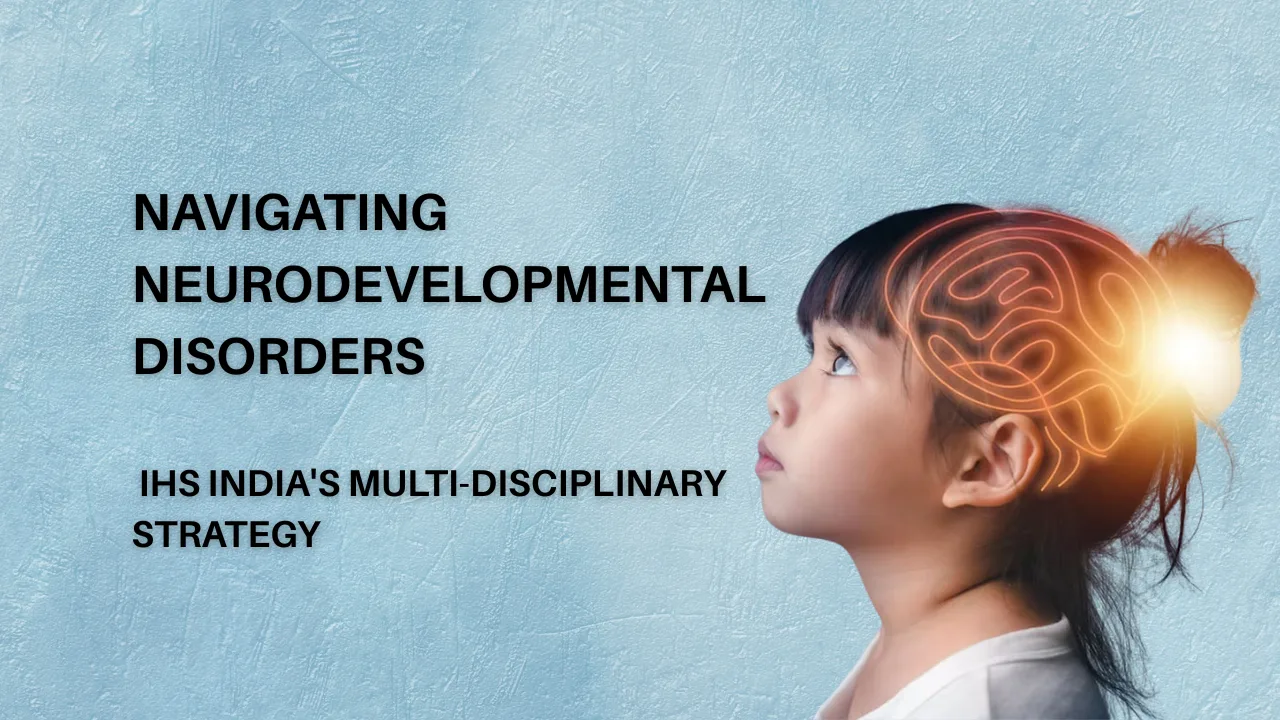Mental Health Integration in Physiotherapy: Mental Health Integration in Physiotherapy is shaping the future of comprehensive patient care, especially in institutions like IHS India where healing the body and mind is treated as a unified goal. Patients dealing with physical injuries often face mental hurdles—stress, fear, or anxiety—that can significantly slow down their rehabilitation journey.
At IHS India, the approach goes beyond physical therapy. It includes a complete framework that brings together physical rehabilitation, psychological support, and emotional resilience. This article explores how this model works in action, detailing counseling techniques, mind-body therapies, and holistic treatment plans that transform patient experiences and improve recovery outcomes across all age groups.
Mental Health Integration in Physiotherapy
Mental Health Integration in Physiotherapy is more than a supportive add-on—it’s a central component of the healing process. At IHS India, mental well-being is embedded within the core physiotherapy framework, recognizing that physical recovery is deeply connected to emotional balance. Through guided sessions, mental conditioning, and professional counseling, therapists and mental health experts work together to ensure that patients receive well-rounded care. This synergy boosts motivation, strengthens the will to recover, and significantly improves treatment results, especially in chronic or long-term conditions. It’s not just about getting patients moving again—it’s about helping them feel whole again, both physically and mentally.
Overview of Key Focus Areas
| Element | Description |
| Counseling Support | Personalized sessions to address emotional barriers to physical recovery. |
| Mindfulness and Relaxation | Breathing and grounding techniques to improve focus and reduce anxiety. |
| Holistic Treatment Plans | Integration of diet, sleep, therapy, and wellness routines. |
| Interdisciplinary Collaboration | Physiotherapists and psychologists work together on custom care paths. |
| Stress Management Tools | Techniques like CBT, journaling, and meditation are used alongside rehab. |
Why Mental Health Matters in Physiotherapy
Ignoring mental health during physiotherapy is like fixing a broken bone but leaving the pain untreated. Physical injuries, especially serious or long-term ones, often lead to psychological challenges—fear of re-injury, frustration from slow progress, or even isolation due to reduced mobility. Without mental support, these issues can create emotional blocks that slow down or completely derail physical recovery.
That’s why mental health integration in physiotherapy is essential. By helping patients manage stress, improve confidence, and maintain emotional balance, their bodies become more responsive to treatment. At IHS India, therapists recognize the emotional toll of physical trauma and treat it as part of the recovery—not an afterthought.
Counseling Support During Rehabilitation
Counseling in physiotherapy isn’t just for those with severe mental health issues—it’s for anyone navigating pain, setbacks, or uncertainty. At IHS India, each rehabilitation plan includes access to mental health counselors who check in with patients regularly. These sessions are safe spaces where patients can talk openly about their struggles—be it fear of delayed healing or anxiety around physical limitations.
Sometimes, even a simple, structured conversation can give patients the clarity and motivation they need to push forward. For cases involving depression or trauma, professional counselors use evidence-based strategies such as cognitive behavioral therapy (CBT) to shift negative thought patterns and build a healthier mindset. This emotional support system strengthens the connection between mind and movement, ensuring a more effective and lasting recovery.
Techniques That Support Mind-Body Healing
The power of the mind can’t be underestimated in physical healing. Stress, fear, and mental fatigue can slow down the body’s ability to regenerate and adapt. That’s why mind-body techniques are regularly used at IHS India alongside physical treatments.
One common technique is guided breathing, which reduces anxiety and improves mental focus before and during therapy. Patients are also taught mindfulness exercises to bring attention to the present moment and reduce distractions or pain-related fears. For chronic conditions, light meditation or visualization can help patients mentally prepare for movement, making each session more productive.
Such practices are not just about mental peace—they improve blood flow, muscle coordination, and nervous system regulation. They also boost resilience, helping patients stick to long rehab programs without losing hope or motivation.
Benefits of a Holistic Rehab Approach
Taking a holistic route in rehabilitation means treating every part of the individual—not just the injury. At IHS India, a blend of physical therapy, counseling, nutrition, and stress management offers a full-circle healing model. This approach delivers clear benefits:
- Improved Recovery Rates: When patients are mentally ready and emotionally engaged, they respond faster to treatment.
- Higher Patient Satisfaction: Patients feel cared for as whole individuals, not just injured bodies.
- Reduced Relapse or Injury: Mental resilience helps prevent re-injury caused by fear-based movement or emotional instability.
- Sustainable Progress: Wellness education helps patients continue healthy habits long after rehab ends.
This model has been especially successful in treating conditions like post-surgical recovery, sports injuries, and stress-related musculoskeletal pain.
IHS India’s Model for Integrated Care
The interdisciplinary model at IHS India bridges the gap between physical and mental healthcare. Each patient is evaluated not only for their physical limitations but also for their psychological readiness. Based on this, a custom plan is created that brings together the skills of physiotherapists, psychologists, wellness coaches, and if needed, nutritionists.
Weekly case discussions ensure that everyone on the care team is updated and aligned. Progress is tracked not just through strength and flexibility but also mood, energy, and engagement levels. This flexible and coordinated approach makes mental health integration in physiotherapy at IHS India more successful and patient-centered than traditional rehab models.
Key Mental Health Practices in Physiotherapy at IHS India
- Mindfulness and Breathing Exercises to reduce tension before therapy
- Cognitive Behavioral Strategies to manage unhelpful thoughts
- One-on-One Counseling for motivation and emotional support
- Progress Journaling to help patients reflect on growth
- Relaxation Techniques to calm the nervous system and promote healing
List of Holistic Therapies Supporting Rehab
- Yoga-Based Movement Therapy
- Guided Breathing and Grounding Sessions
- Motivational Coaching and CBT Tools
- Dietary Guidance for Inflammation Control
- Sleep Management Counseling
Top Benefits for Patients
- Enhanced emotional resilience
- Increased treatment cooperation
- Reduced therapy dropout rates
- More effective pain management
- Improved self-confidence post-injury
FAQs
1. Why is mental health support necessary during physiotherapy?
Because emotional states like anxiety or fear can slow healing. Support helps manage these emotions and improves results.
2. How does IHS India offer mental health care in physiotherapy?
Through counseling, mindfulness techniques, and collaboration between mental health experts and physiotherapists.
3. Is therapy only for serious psychological issues?
No. Even mild emotional struggles like frustration or stress are addressed to support full recovery.
4. What techniques are used to reduce stress in rehab sessions?
Mindful breathing, cognitive therapy, meditation, and relaxation routines are part of many treatment plans.
5. Can this approach help with chronic pain?
Yes, it’s especially effective in managing chronic pain where both emotional and physical factors play a role.
Final Thought
Mental health integration in physiotherapy is changing the way people heal, and IHS India stands out as a leader in this transformation. By treating patients as complete beings—body and mind—recovery becomes not just faster, but fuller and more meaningful. Whether it’s helping someone walk again after surgery or relieving chronic pain, this combined care model offers hope, strength, and long-term wellness.
If you’ve ever felt your body and mind pulling in different directions during recovery, consider exploring a more integrated healing path. Share your thoughts, comment below, or explore our wellness tools to support your journey. Your well-being deserves care from every angle.
